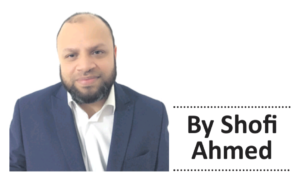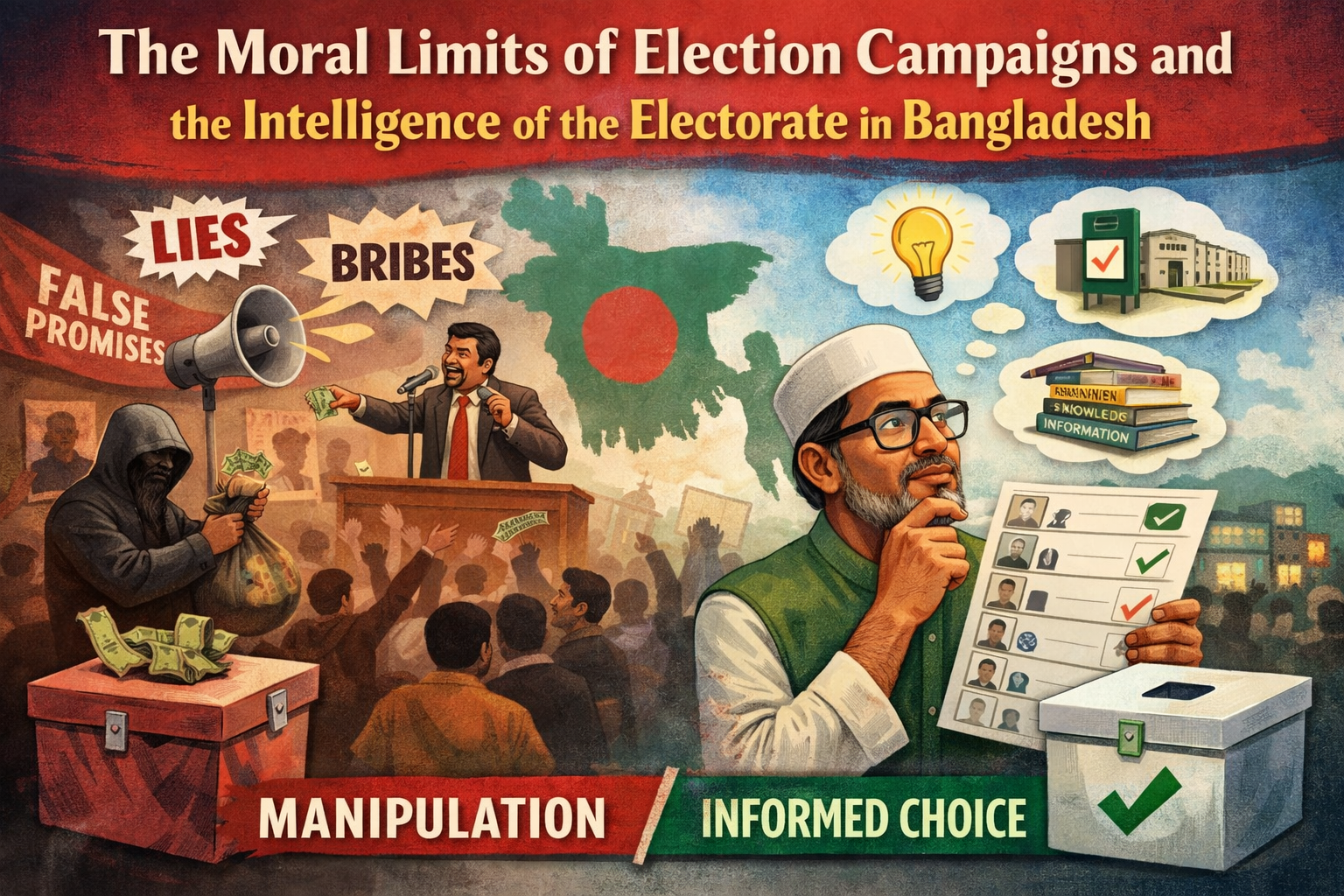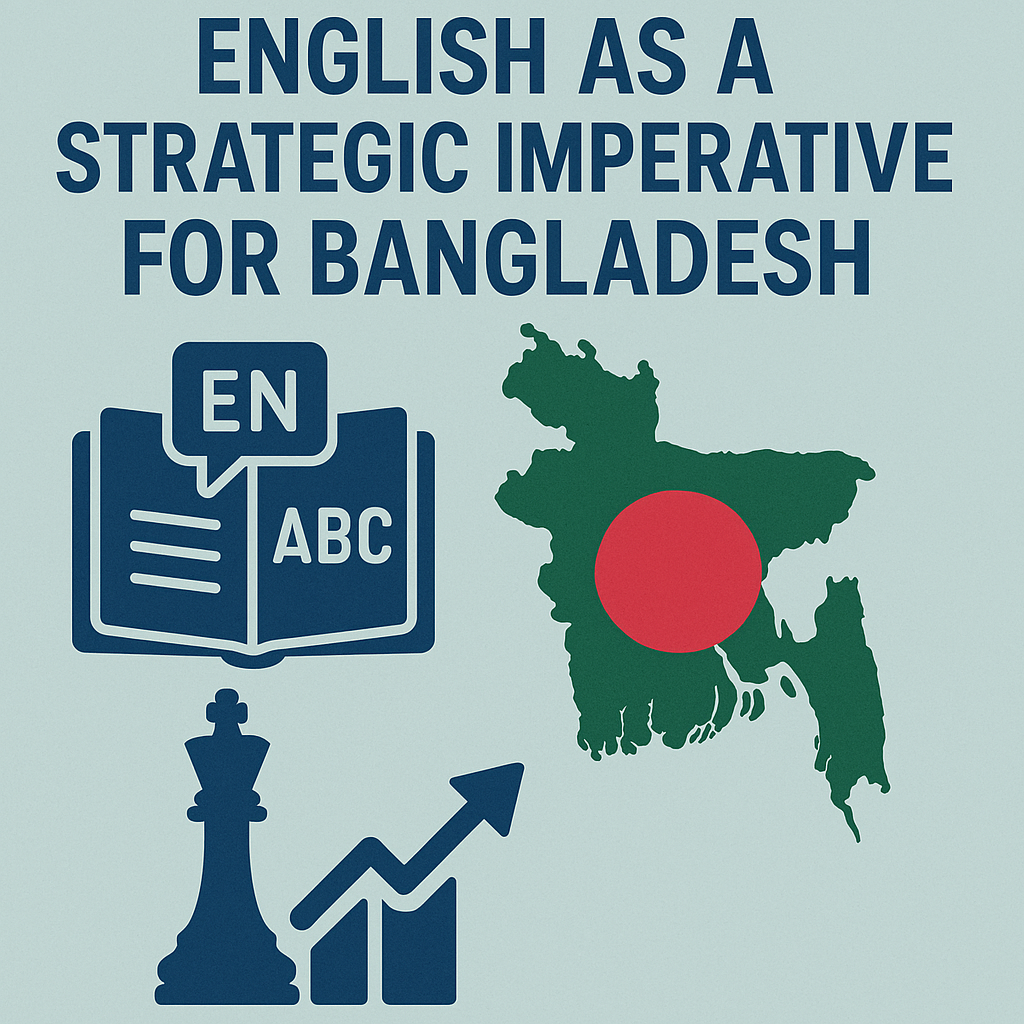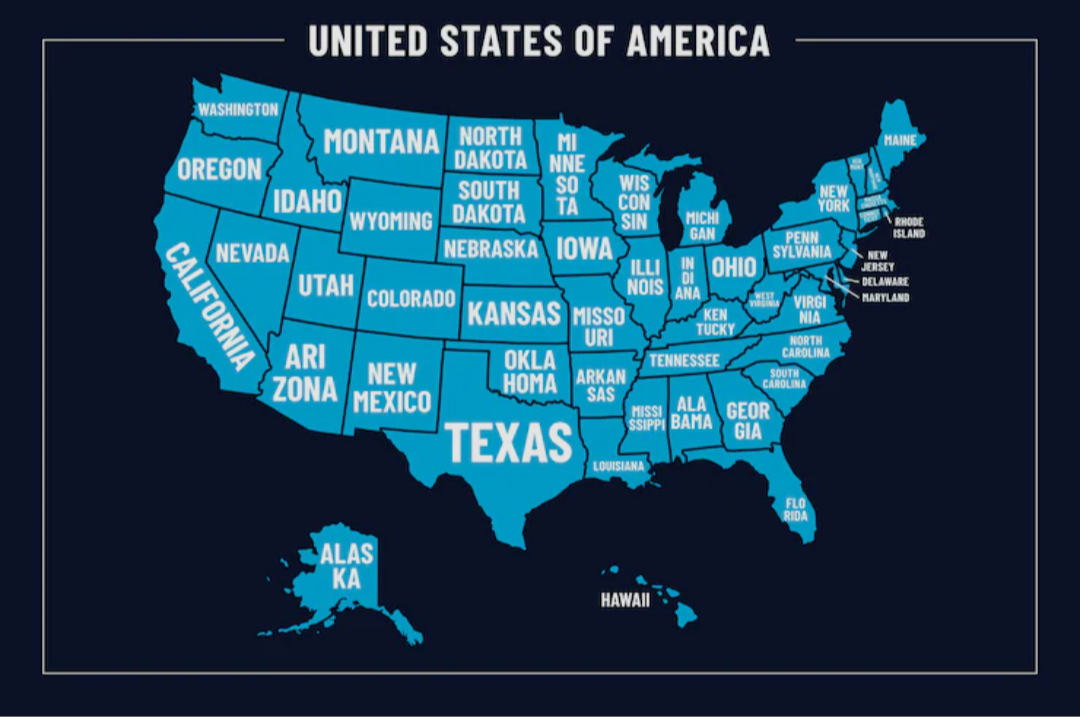Tonight Is Ramadan’s Last Odd Night: Can ChatGPT Predict Laylatul Qadr?

Tonight is the 29th, the last odd night of Ramadan 2025. Could it be tonight—the odd wonder of time, peerless inside and out—The Night of Decree? Can the world-stunning ChatGPT give us the answer?
We live in an age where artificial intelligence can analyse vast amounts of data, predict financial markets, and even mimic human creativity. But could it ever predict Laylatul Qadr? The question itself reveals a fundamental gap between human knowledge—ever-evolving yet incomplete—and the absolute, unchanging reality of divine knowledge.

Science, like AI, is constantly refining its understanding of the universe. Theories emerge, evolve, and sometimes collapse in the face of new discoveries. Yet the Qur’an does not follow this trajectory. It exists beyond the cycle of revision and upgrade, its truth timeless and independent of human progress. Laylatul Qadr, too, exists outside the confines of linear time, making it not just a night of significance but a phenomenon that defies conventional temporal understanding.
The Qur’an’s Timeless Doorway: A Thought Experiment
Imagine the moment when the Qur’an was first revealed as a doorway—a threshold between two dimensions of time. On one side is our world, where time moves forward, changing, evolving, and shaping human history. On the other side is the divine realm of the Qur’an—an eternal constancy, untouched by the fluctuations of earthly existence.
Our time, like a vast celestial body, revolves in an orbit around this doorway. It tries to synchronise with the unchanging time of the Qur’an, yet it can never fully merge nor completely detach. There is always a gap, a near-invisible sliver of separation that prevents perfect alignment. This persistent gap is what makes Laylatul Qadr elusive.
This phenomenon can be compared to an electron orbiting an atomic nucleus. Quantum mechanics tells us that electrons do not move in fixed paths like planets around the sun. Instead, they exist in probabilistic regions—clouds of possibility rather than definitive locations. Likewise, Laylatul Qadr exists not at a pinpointed moment within human time but in a divine “time cloud,” where its reality is constant, but its exact earthly placement remains uncertain.
A Parallel in Modern Science: The Event Horizon of Divine Time
The analogy of the doorway can also be extended to astrophysics. Imagine a black hole—the densest, most mysterious object in the universe. At its core lies a singularity, a point where the known laws of physics break down. Surrounding it is the event horizon, the boundary beyond which nothing, not even light, can escape.
Our understanding of Laylatul Qadr resembles the event horizon. It is a threshold between what we can measure and what lies beyond human comprehension. We can calculate the probable nights, we can experience its spiritual presence, but we cannot see through the veil that shrouds its exact moment. This is why the Prophet Muhammad (PBUH) instructed believers to seek Laylatul Qadr, not to determine it. The search itself is the act of faith, a recognition that some realities transcend measurement.
Can AI Predict Laylatul Qadr?
If time were purely a human construct, AI might have a chance. It could analyse Ramadan calendars from past centuries, study lunar cycles, and calculate statistical probabilities. But Laylatul Qadr is not a human-made event; it is a divine decree. It does not belong to the measurable, predictable world—it belongs to the timeless reality of the Qur’an.
Science evolves, AI learns, and human understanding deepens with time. But the Qur’an does not evolve because it does not need to. It already exists at the peak of knowledge, beyond the cycle of revision and correction.
So, could tonight be Laylatul Qadr? We do not know, and that is the essence of it. The gap between our world and divine reality is a reminder that there are truths science will never reach, mysteries AI will never decode, and wisdom beyond the grasp of human reason.
We do not seek Laylatul Qadr because we can pinpoint it—we seek it because its very nature calls us beyond the limits of human knowledge, toward the infinite wisdom of the divine.





